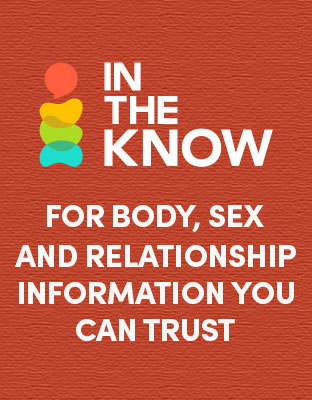Recognising & Responding to Domestic Violence Crucial
Thursday 28th May 2020
The COVID-19 lockdown coupled with financial stressors and operating restrictions on support services has created a serious domestic violence crisis. As restrictions ease recognising and responding to domestic violence and bolstering services is a priority.
Family Planning NSW Medical Director Dr Deb Bateson has told the Recognise and Respond to DV expert group that the pandemic had introduced extreme stress on at risk families including unemployment, family separation and children at home for extended periods. This came coupled with restrictions on movement and potential issues around accessing help.
"Increased numbers of calls by women to domestic violence helplines are being reported around the world including a 700 per cent increase to a UK national domestic violence helpline in a single day. In NSW calls are reported to have increased by 11 per cent while calls to Kids Helpline spiked 25 per cent in April compared with previous months this year. There has also been an increase in calls to men's helplines by men who are experiencing domestic and family violence but who may also be using or are at risk of using domestic violence," Dr Bateson said.
"It's crucial as we ease our way out of lockdown, that general practitioners and those working in reproductive and sexual health care are equipped with the knowledge and resources to be effective frontline responders for women experiencing domestic violence.
"One in five women make their first domestic violence disclosure to general practitioners and it is essential this expert group is able to recognise the signs and to respond and refer appropriately to women experiencing violence in the home.
"Reproductive coercion is increasingly recognised as an aspect of control and power that men control over women's lives. One of the key ways to support women during the COVID-19 crisis is to ensure they have access to reproductive healthcare and family planning decisions, including a range of contraceptive options."
Dr Bateson said telehealth has been an important alternative to clinic visits to ensure continuity of care during COVID-19. However, services like Family Planning NSW have also kept their doors open to provide essential contraceptive, reproductive health and abortion care services.
"Telehealth presents unique issues for vulnerable patients including the necessity to ensure privacy and confidentiality and avoiding calls being overheard or intercepted. Where possible in person appointments are encouraged so sensitive questions can be asked privately and health workers can feel sure there is no one listening or prompting responses," Dr Bateson said.
- ends -
- https://www.theguardian.com/society/2020/apr/12/domestic-violence-surges-seven-hundred-per-cent-uk-coronavirus
- https://www.smh.com.au/national/kids-in-crisis-what-worries-us-is-the-ones-who-are-staying-silent-20200513-p54sjk.html
- https://www.wlsnsw.org.au/wp-content/uploads/GP-toolkit-updated-Oct2019.pdf
- Jo Spangaro & Anthony Zwi, After the Questions: Impacts of Routine Screening for Domestic Violence in NSW Health Services, (School of Public Health and Community Medicine, The University of New South Wales, 18 August 2010), 22.
Media enquiries: P: 0402 880 653 E: media@fpnsw.org.au W: https://www.fpnsw.org.au/




